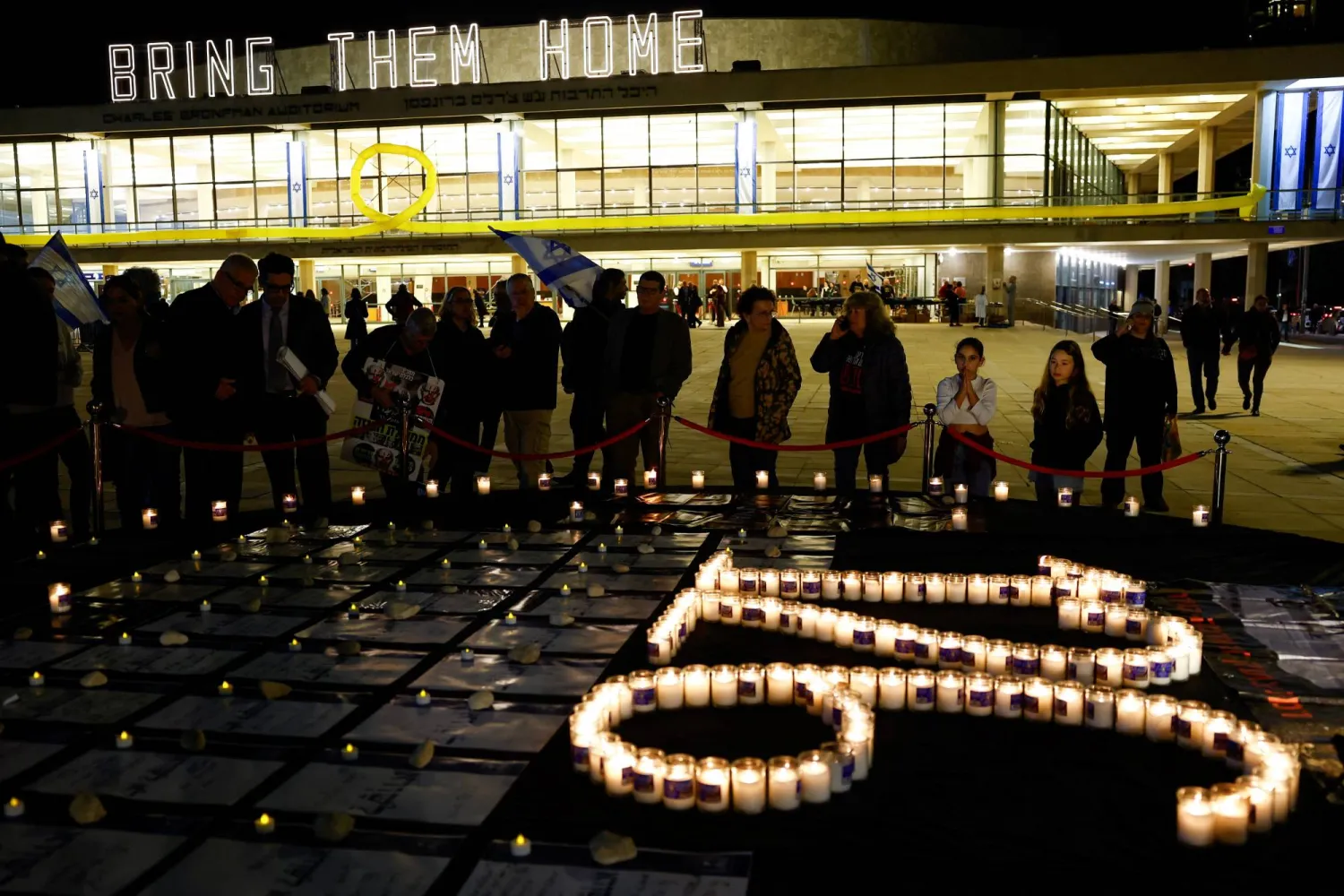Israeli Finance Minister Bezalel Smotrich on Saturday brushed off a Moody's downgrading of Israel's credit rating, saying the decision linked to the Gaza war was not based on sound economic reasoning and was tantamount to a pessimistic "manifesto.”
"The Israeli economy is strong by all measures. It is capable of sustaining all war efforts, on the front line and home front, until, with God's help, victory is achieved," he said in a response to the decision published on Friday.
Citing material political and fiscal risks for Israel from its war with the Palestinian militant group Hamas, raging since October, Moody's cut the country's rating to "A2", which is five notches above investment grade, while its credit outlook was kept at negative, meaning a further downgrade is possible.
The agency said it expects Israel's debt burden to be "materially higher" than projected before the conflict and defense spending to be nearly double the level of 2022 by the end of this year in its baseline scenario.
Israel Finance Minister: Moody's Downgrade Unreasonable, Politicized

People look at an installation with candles which makes out the number of days the hostages have been captive since October 7, as people begin to gather for a protest against Israeli Prime Minister Benjamin Netanyahu's government, at Habima Square in Tel Aviv, Israel, February 10, 2024. REUTERS/Susana Vera

Israel Finance Minister: Moody's Downgrade Unreasonable, Politicized

People look at an installation with candles which makes out the number of days the hostages have been captive since October 7, as people begin to gather for a protest against Israeli Prime Minister Benjamin Netanyahu's government, at Habima Square in Tel Aviv, Israel, February 10, 2024. REUTERS/Susana Vera
لم تشترك بعد
انشئ حساباً خاصاً بك لتحصل على أخبار مخصصة لك ولتتمتع بخاصية حفظ المقالات وتتلقى نشراتنا البريدية المتنوعة







